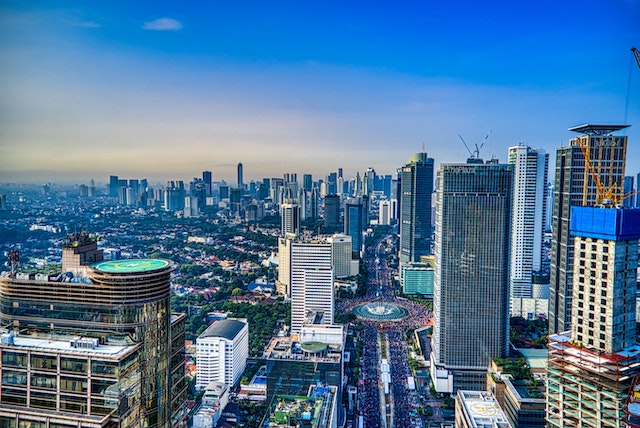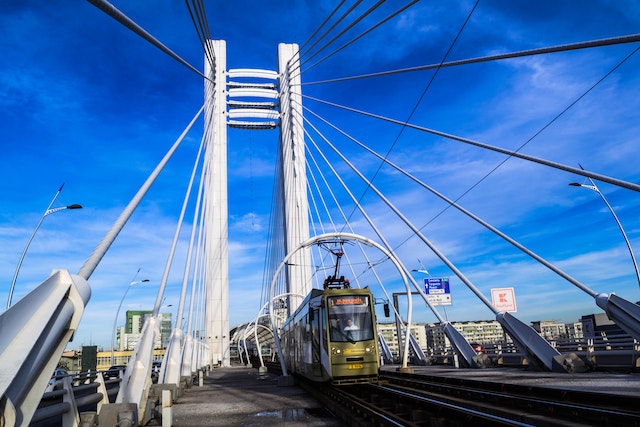As seasoned world travelers, we know that exploring new places can bring us exciting experiences and unforgettable memories. But it’s also important to be prepared for the unexpected. From lost passports to natural disasters, emergencies can happen anywhere, anytime. Don’t worry, though! In this article, I’ll share emergency preparedness tips to help you handle unexpected situations while traveling. So, let’s dive in and learn how to stay calm, think on our feet, and navigate through the unexpected like a pro!
Research and Plan Ahead:
Before embarking on any journey, it’s essential to research your destination thoroughly. Familiarize yourself with the local emergency services, medical facilities, and the contact information of your country’s embassy or consulate. Knowing these details in advance will save you precious time and stress during an emergency.
Share Your Itinerary:
Always inform a trusted friend or family member about your travel plans and itinerary. Provide them with copies of your passport, travel insurance details, and any important contact numbers. This way, if anything goes wrong, they can assist you and relay important information to the appropriate authorities.
Stay Connected:
In today’s digital age, staying connected is easier than ever. Make sure you have a working mobile phone and activate international roaming or purchase a local SIM card upon arrival. It’s also a good idea to have a backup power bank to keep your devices charged. Being connected allows you to reach out for help or access important information when needed.
Purchase Travel Insurance:
Travel insurance is your safety net in case of emergencies. Before embarking on any journey, invest in a comprehensive travel insurance policy that covers medical expenses, trip cancellations, lost belongings, and emergency evacuations. It’s better to be safe than sorry!
Pack an Emergency Kit:
Prepare a small emergency kit containing essential items such as a first aid kit, medications, a flashlight, a multipurpose tool, a whistle, and a small amount of cash in both local currency and your home currency. This kit will come in handy during unexpected situations and can provide some peace of mind.
Stay Informed:
While traveling, stay informed about local news, weather conditions, and any potential risks or warnings. Sign up for travel advisories and alerts from your government’s official travel website or download relevant apps. Being aware of your surroundings and potential risks can help you make informed decisions and stay safe.
Trust Your Instincts:
Your instincts are powerful tools when it comes to personal safety. If something feels off or unsafe, trust your gut feelings and take the necessary precautions. Avoid isolated areas at night, be cautious of strangers offering unsolicited help, and be aware of common scams in your destination.
Learn Basic Phrases:
Knowing a few basic phrases in the local language can be invaluable in emergencies. Learn key phrases such as “help,” “emergency,” “police,” and “hospital.” This will enable you to communicate your needs or seek assistance from locals in case of an emergency.
Conclusion
Traveling is a thrilling adventure, but it’s crucial to be prepared for the unexpected. By researching and planning ahead, staying connected, purchasing travel insurance, packing an emergency kit, staying informed, trusting your instincts, and learning basic phrases, you’ll be better equipped to handle unexpected situations while abroad. Remember, emergencies can happen to anyone, but with the right emergency preparedness and mindset, you can navigate through them and continue your journey with confidence. So, pack your bags, embrace the unknown, and embark on your next adventure, knowing that you’re prepared for whatever comes your way!









